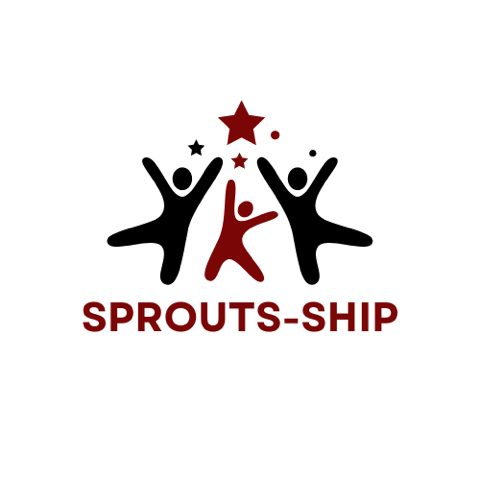NR Swanks Freight Brokerages’ foster care transitional educational program is aimed at teaching freight brokering and dispatching to individuals transitioning out of the foster care system. Here’s an overview of what the program will entail:
Introduction to the Freight Industry: The program would start by introducing the basics of the freight industry, including terminology, key players, and the overall logistics process.
Networking Opportunities: A mentor can introduce teens to industry professionals, potential internship opportunities, or other valuable connections within the logistics field. Networking is crucial for career advancement, and a mentor can help teens establish those connections early on.
Freight Brokerage: Participants will learn about freight brokers’ role as intermediaries between shippers and carriers. Topics will include negotiating rates, coordinating shipments, and managing paperwork.
Dispatching: Dispatching involves coordinating freight movement by assigning drivers to specific loads and ensuring timely delivery. Participants would learn about dispatchers’ responsibilities, including communication with drivers, route planning, and troubleshooting.
Regulations and Compliance: Understanding regulations is crucial in the freight industry. The program would cover relevant laws and regulations governing freight brokerage and transportation, such as licensing requirements, insurance, and safety regulations.
Technology and Tools: Participants would be introduced to the technology and tools commonly used in freight brokerage and dispatching, such as transportation management systems (TMS), load boards, and communication software.
Customer Service and Relationship Management: Building and maintaining relationships with clients and carriers is essential for success in freight brokerage and dispatching. The program would emphasize the importance of excellent customer service and effective communication skills.
Practical Experience: Hands-on experience is invaluable in learning freight brokering and dispatching. The program will offer opportunities for participants to participate in simulated exercises to apply their knowledge in real-world scenarios.
Business Fundamentals: Since many freight brokers eventually start their own businesses, the program will include modules on basic business skills, such as financial management, marketing, and entrepreneurship.
Professional Development: Foster care educational programs often focus on holistic development. In addition to technical skills, participants may receive training in personal development areas such as time management, teamwork, and leadership.
Support Services: The program recognizes individuals’ unique challenges transitioning out of foster care and may offer support services such as mentorship and assistance with job placement or further education recommendations if needed.
Overall, a foster care transitional educational program in freight brokering and dispatching would aim to provide participants with the knowledge, skills, and support they need to succeed in the dynamic and fast-paced world of logistics.



